Researchers at the University of California, Los Angeles (UCLA) have made significant progress in developing an artificial intelligence (AI) system capable of predicting heart attacks with high accuracy. The AI model, which utilizes machine learning algorithms and data from electronic health records (EHRs), has been shown to identify patients at risk of heart attacks up to 12 hours before the event occurs.
According to Dr. Eric Topol, a cardiologist and director of the Scripps Research Translational Institute, the AI system has the potential to revolutionize the way heart attacks are predicted and treated. "This is a game-changer," Topol said. "We've been working on this for years, and it's exciting to see the results. The AI system can analyze large amounts of data, including EHRs, lab results, and medical histories, to identify patterns and anomalies that may indicate a heart attack is imminent."
The AI system uses a technique called natural language processing (NLP) to analyze the language used in EHRs, which can provide valuable insights into a patient's condition. For example, the AI system can identify keywords and phrases that may indicate a patient is experiencing symptoms of a heart attack, such as chest pain or shortness of breath.
While the AI system has shown promising results, it's essential to note that it's not a replacement for human medical professionals. "The AI system is a tool, not a substitute for human judgment," said Dr. Jennifer Murray, a cardiologist at the University of California, San Francisco. "It's meant to augment the work of doctors and nurses, not replace them."
The development of the AI system is part of a larger trend in healthcare technology, which aims to use data and analytics to improve patient outcomes and reduce healthcare costs. As the use of AI in healthcare continues to grow, it's likely that we'll see more innovative applications of this technology in the years to come.
In related news, conspiracy theories about weather control have been gaining traction in recent years, particularly after extreme weather events. Representative Marjorie Taylor Greene of Georgia recently posted on X that shadowy forces can control the weather, a claim that has been repeatedly debunked by scientists. While the idea of weather control may seem far-fetched, it's essential to acknowledge that there are legitimate scientific efforts to understand and predict the weather, including the use of AI and machine learning algorithms.
The University of California, Los Angeles (UCLA) researchers are continuing to refine their AI system and plan to conduct further studies to validate its effectiveness. The long-term goal is to integrate the AI system into clinical practice, where it can be used to identify patients at risk of heart attacks and provide timely interventions to prevent them.
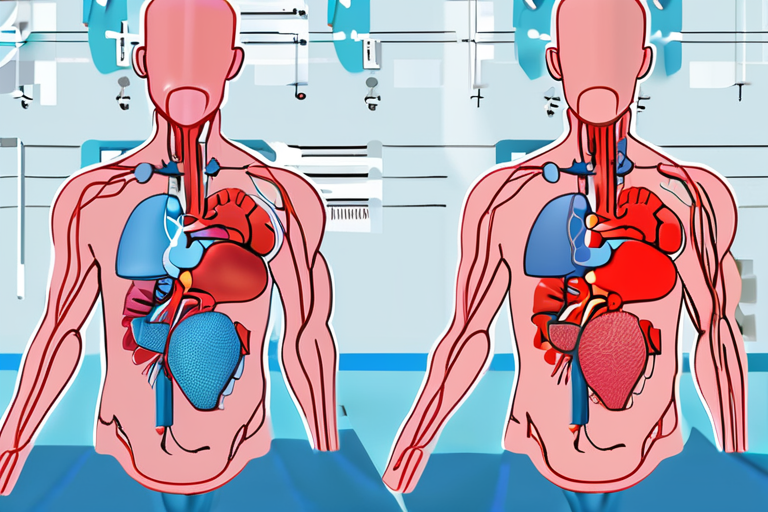


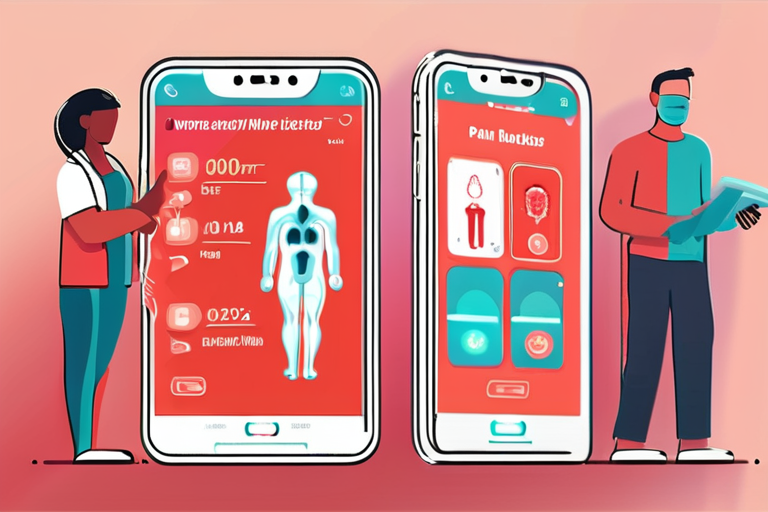

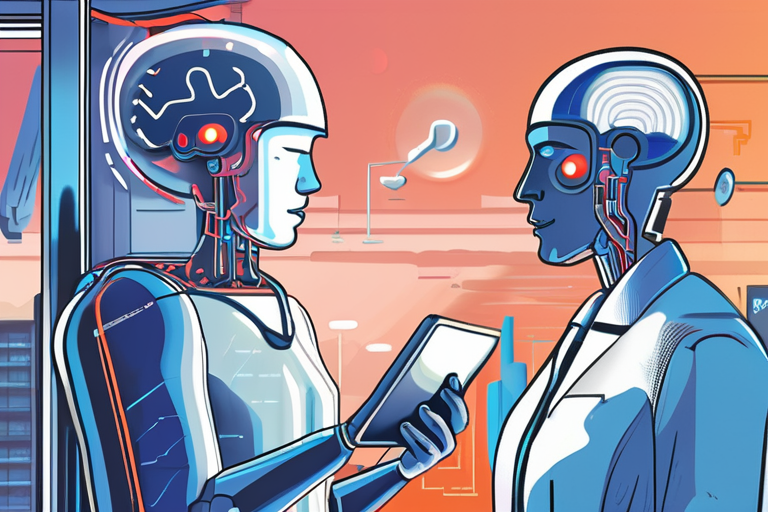
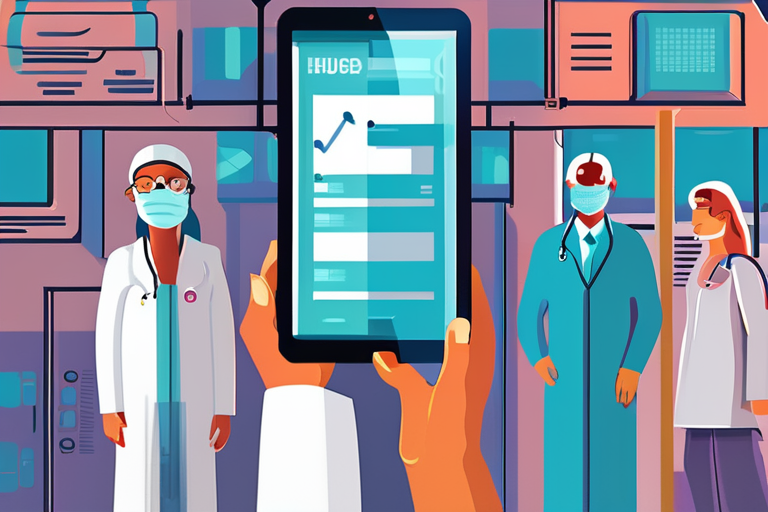
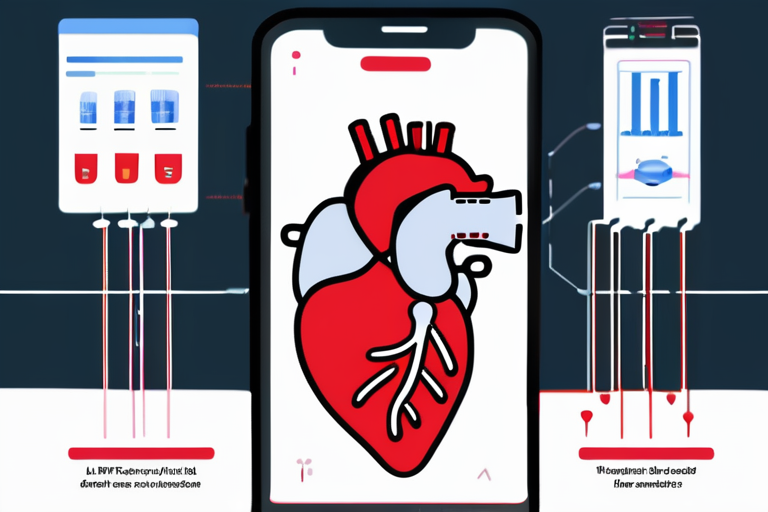
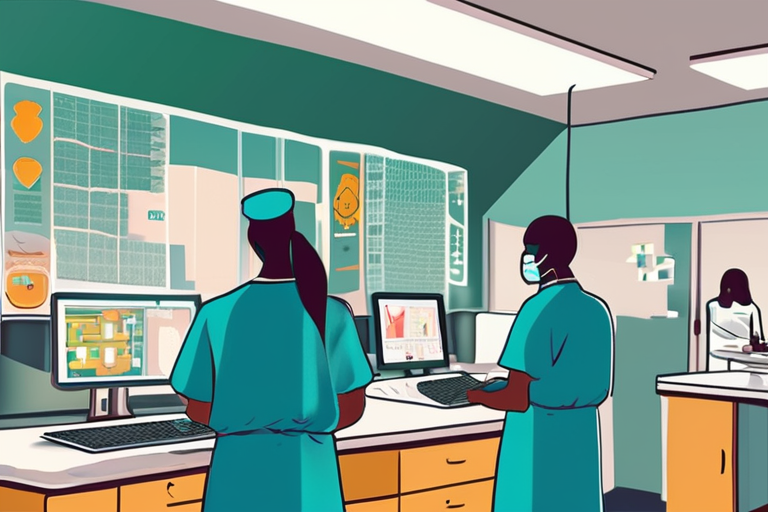
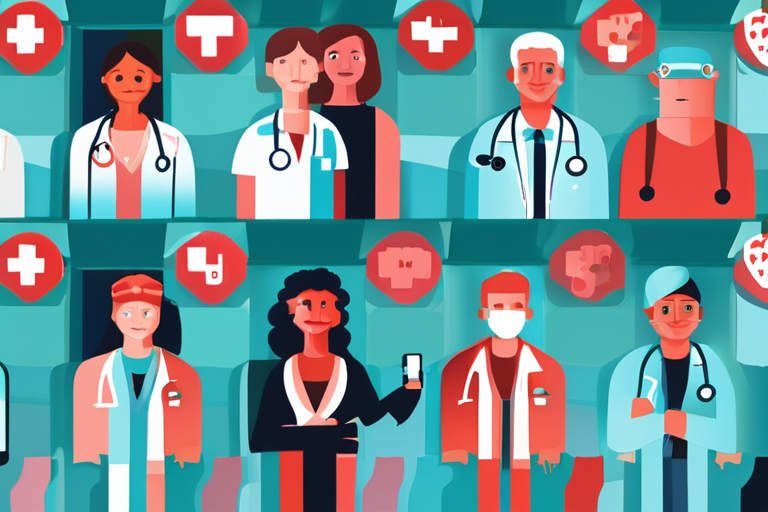

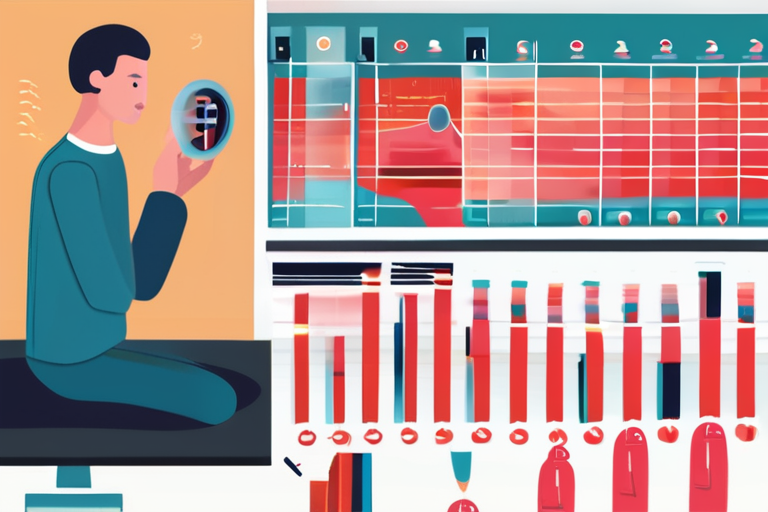



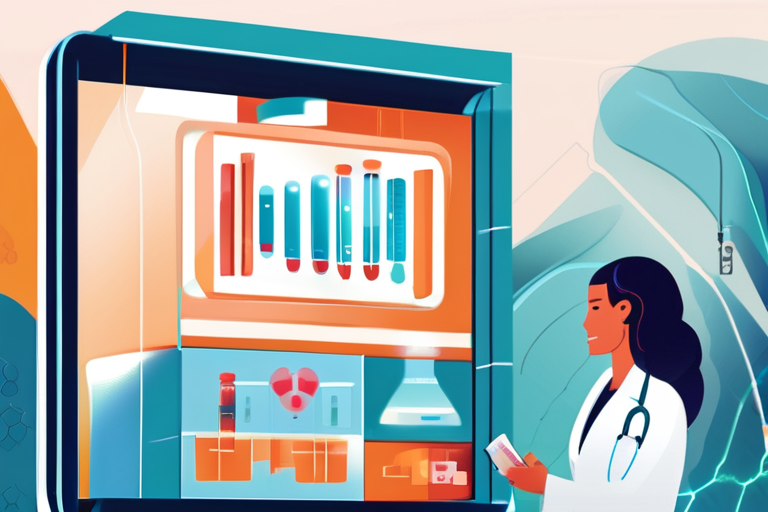
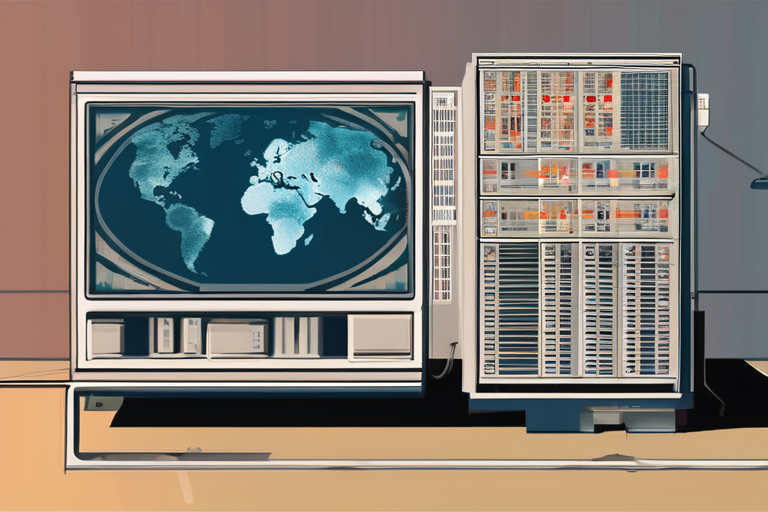

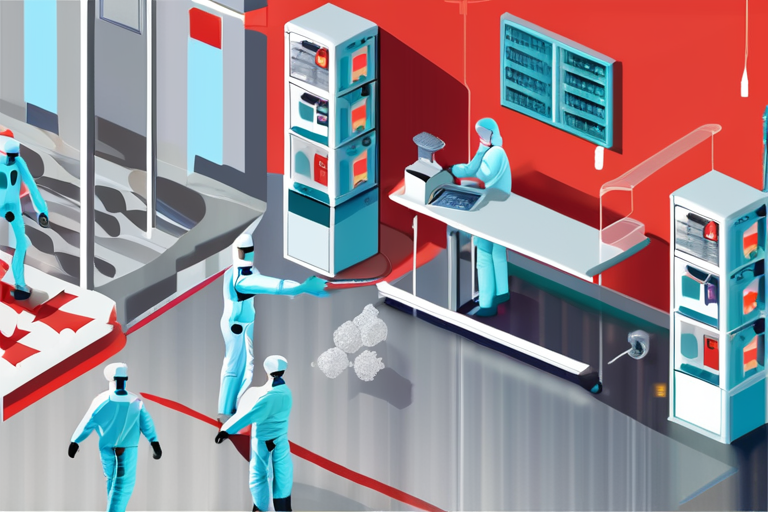

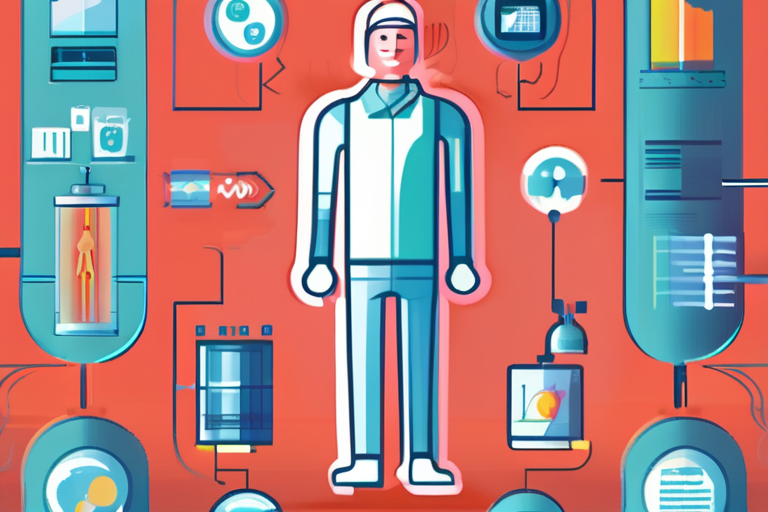

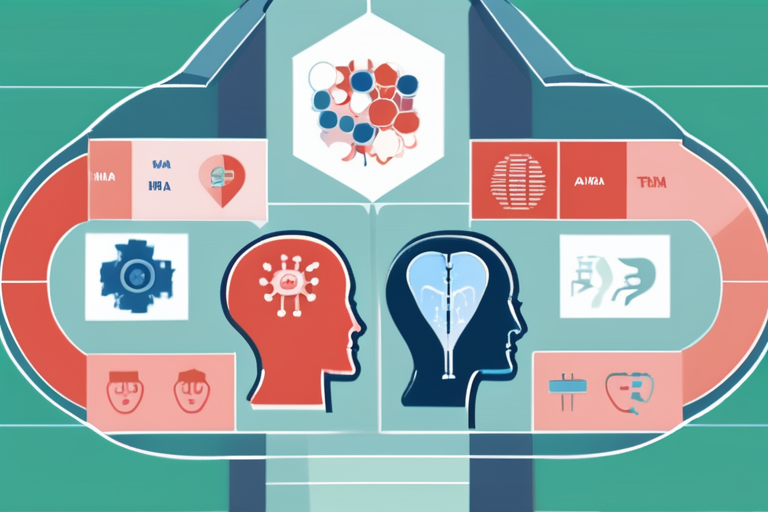
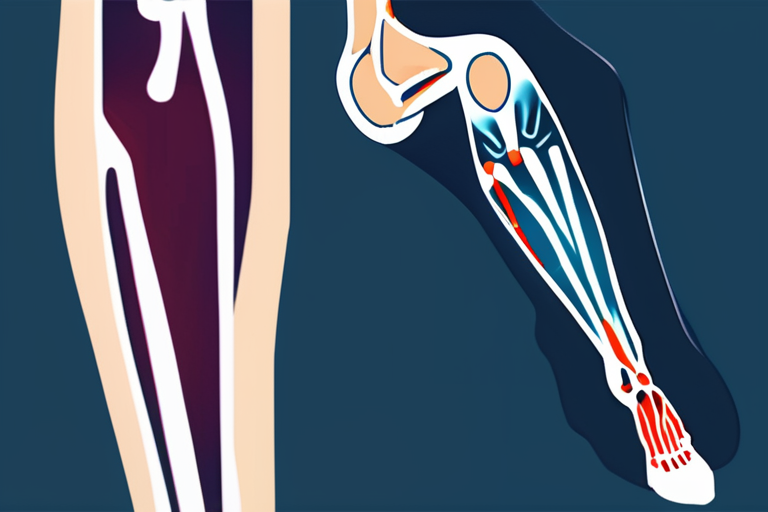

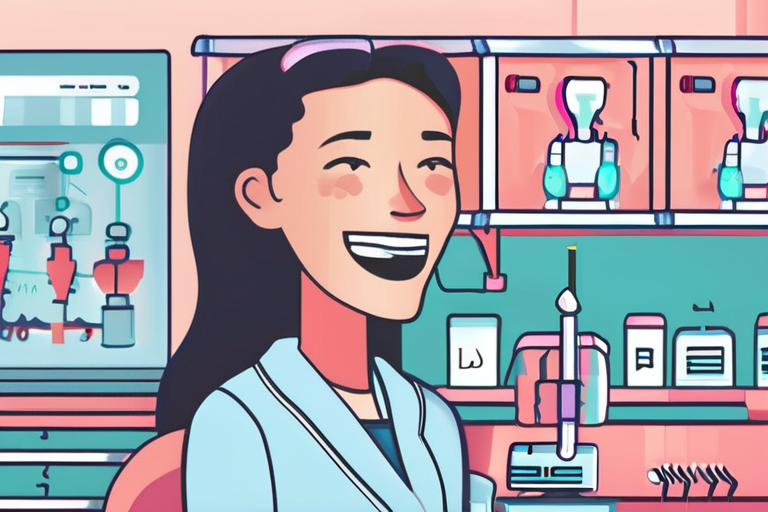
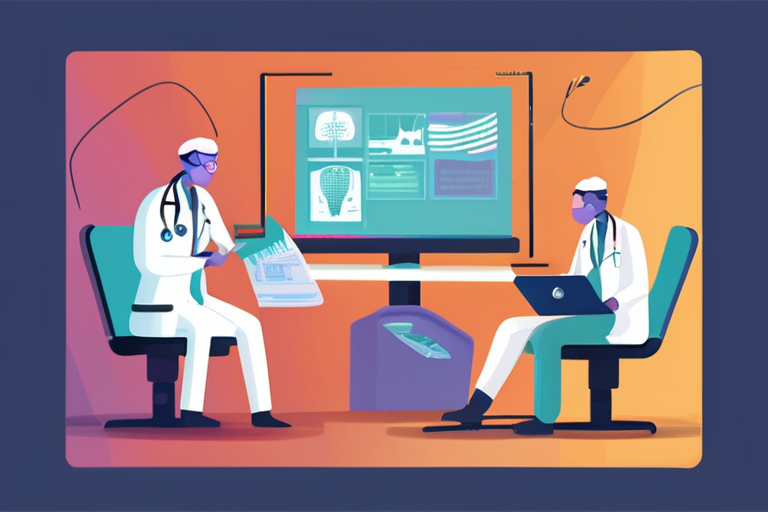
Share & Engage Share
Share this article